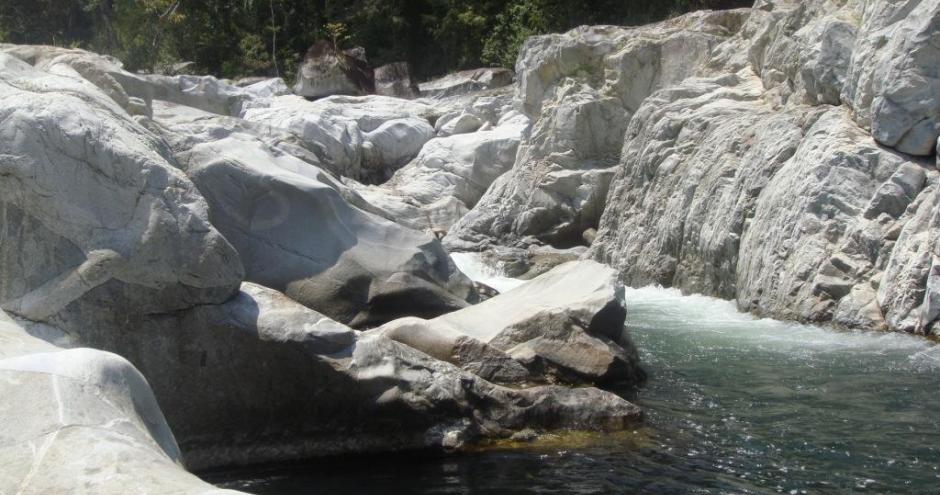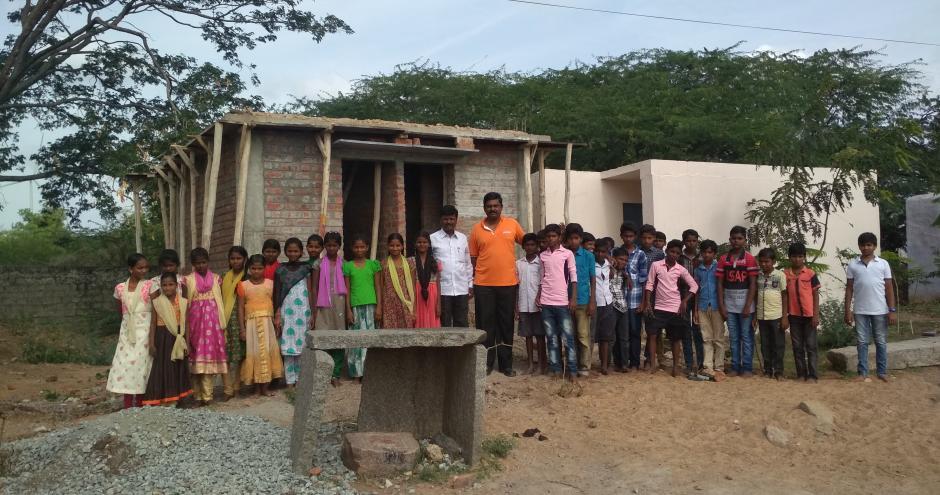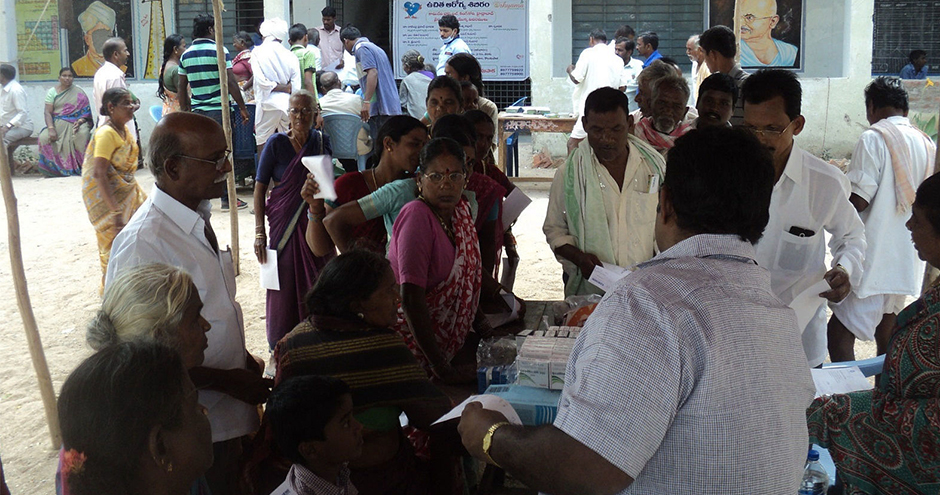How we offset our CO2 footprint
Every day we try to make improvements, no matter how small, as long they help us to shape a better tomorrow. Achieving carbon neutrality is one of our commitments. Every house is designed to reduce our footprint, just by the simple principle of people living together and sharing most of the common spaces. Coliving is a sustainable way of living. But it's not enough, and that's why we monitor the energy consumption of our complete network, and improve where we can by adding solar panels, temperature controllers, motion sensor detectors for the lights, water controllers in the showers, etc. These are small improvements that put us on track to achieve our goal but they don't make up for our carbon footprint completely yet. That's why Cohabs will offset the CO2 footprint by supporting a project for each of our members.
Project 1
Betulia Hydroelectric Project in Honduras

Betulia’s small hydropower project with social reforestation programs, nature conservation, improvement of local infrastructure and job creation, is reforming native people’s lives in Honduras. Impact: This small run-of-the-river hydroelectric power plant provides renewable energy to the national grid (displacing traditional fossil-fuelled power plants), improving the quality of electricity for local communities in the department of Colon. Improved access to electricity also reduces the dependency on wood fuel, helping to reduce deforestation pressure in the local environment.
Project 2
50% for Vincent de Paul and 50% for Wind power in India

Vincent de Paul
Provide a better life for disadvantaged people in Belgium by helping them out of social isolation and poverty, by providing food, clothing and a place to live. Furthermore, they also have educational and recreational programs for children. Impact: Equality of learning at school. Reducing inequalities and helping disadvantaged people.
Wind power in India
The project consists of 50 Wind Turbines at 2.0 MW each generating clean electricity. The goal behind this project is to generate clean energy and positively impact the lives of local communities. Impact: Improving the quality of life in the project's vicinity.
Project 3
50% for Caritas and 50% for Solar power in India

Caritas
In Belgium, Caritas provides a humane and personalised response to the migration-journey of each person and defends the rights of migrants and refugees. Impact: Raise awareness on themes related to migration and asylum seekers.
Solar power in India
This project uses photovoltaic technology to capture energy from the sun, helping to improve the energy mix In India. The project demonstrates the viability of grid connected solar farms to support improved air quality, alternative sustainable energy futures, energy security, improved local livelihoods and sustainable renewable energy industry development in the southern region of India. Impact: Improving the quality of life in the project's vicinity.